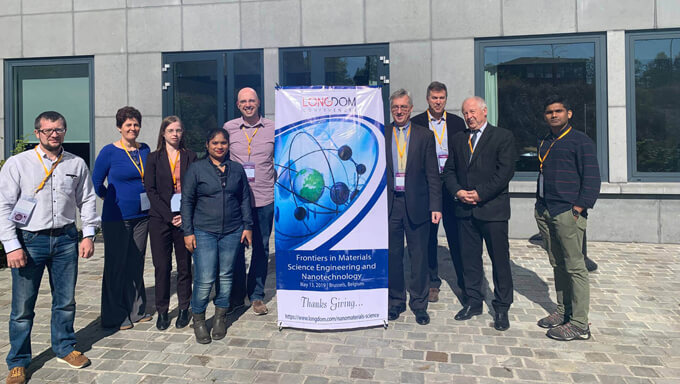







Interventional Cardiology is an area of medicine within the subspecialty of cardiology that uses specialized imaging and other diagnostic techniques to evaluate blood flow and pressure in the coronary arteries and chambers of the heart, as well as technical procedures and medications to treat abnormalities that impair the function of the cardiovascular system.
Interventional cardiology is the subspecialty of cardiology that deals specifically with the catheter-based treatment of heart diseases. The field includes the diagnosis and treatment of coronary artery disease, vascular disease, and acquired structural heart disease. For pediatric interventional cardiologists, congenital heart defects are the major focus of diagnosis and treatment.
Pediatric cardiology is concerned with diseases of the heart in the growing and developing individual. As well as expertise in heart disease, pediatric cardiologists also need a thorough grounding in general pediatrics, in order to provide all-around patient care. Pediatric cardiologists broadly treat congenital heart disease (present at birth), arrhythmias (variations in heartbeat rhythm), and disturbances of circulatory function. The initial assessment performed by the pediatric cardiologist might start with a physical examination using a stethoscope, after which more detailed investigations may be suggested. Patients often present with complex diagnostic and medical problems and after the initial assessment, the pediatric cardiologist then chooses an optimal management plan. They work closely with a wide range of specialists as part of a multidisciplinary team to assess and treat patients. Pediatric cardiologists play a vital role in the teaching of medical students, doctors. GPs, nurses, and paramedical staff. Most are also involved in research.
Structural heart disease is a problem with the tissues or valves of the heart. Many, structural heart diseases are congenital [con-JEN-it-al], which means present at birth. Some structural heart disease will develop later in life. There are many kinds of structural heart diseases, but they all involve a defect or disorder in the structure of the heart tissue or valves. Heart conditions that fall in the category of structural heart disease include:
Heart Failure:
Heart failure Inability of the heart to keep up with the demands on it and, specifically, failure of the heart to pump blood with normal efficiency. When this occurs, the heart is unable to provide adequate blood flow to other organs such as the brain, liver and kidneys. Heart failure may be due to failure of the right or left or both ventricles. The signs and symptoms depend upon which side of the heart is failing. They can include shortness of breath (dyspnea), asthma due to the heart (cardiac asthma), pooling of blood (stasis) in the general body (systemic) circulation or in the liver's (portal) circulation, swelling (edema), blueness or duskiness (cyanosis), and enlargement (hypertrophy) of the heart.
Cardiomyopathy:
Cardiomyopathy refers to diseases of the heart muscle. These diseases have many causes, signs and symptoms as well as treatments. In most cases, cardiomyopathy causes the heart muscle to become enlarged, thick or rigid. In rare instances, diseased heart muscle tissue is replaced with scar tissue.
Echocardiography is a test that uses sound waves to produce live images of your heart. The image is called an echocardiogram. This test allows your doctor to monitor how your heart and its valves are functioning.
The images can help them get information about:
An echocardiogram is key in determining the health of the heart muscle, especially after a heart attack. It can also reveal heart defects in unborn babies.
We let our ground-breaking work and our amazing clients speak for us…… LONGDOM conferences